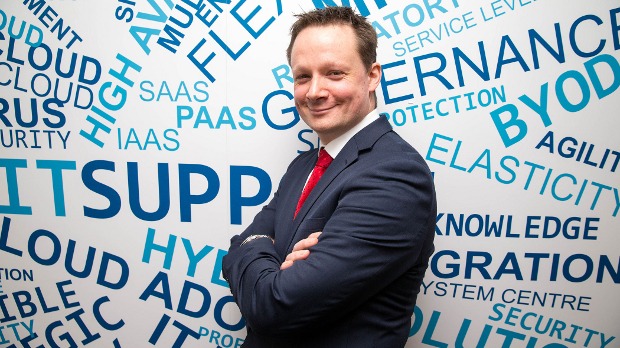Kevin O’Loughlin is bristling with both ambition and intent. Some of that ambition is directed to Nostra, his fast-expanding IT services company. The business has annual revenues of €18 million but, through a combination of acquisitions and organic growth, he wants to grow that number of €50 million over the coming years. There is something else he wants to achieve also – he wants to help people. A decade ago, when he had made and lost a fortune, O’Loughlin sat down and tried to figure out what made him tick, and what brought him happiness. After a period of introspection,…
Cancel at any time. Are you already a member? Log in here.
Want to read the full story?
Unlock this article – and everything else on The Currency – with an annual membership and receive a free Samsonite Upscape suitcase, retailing at €235, delivered to your door.

